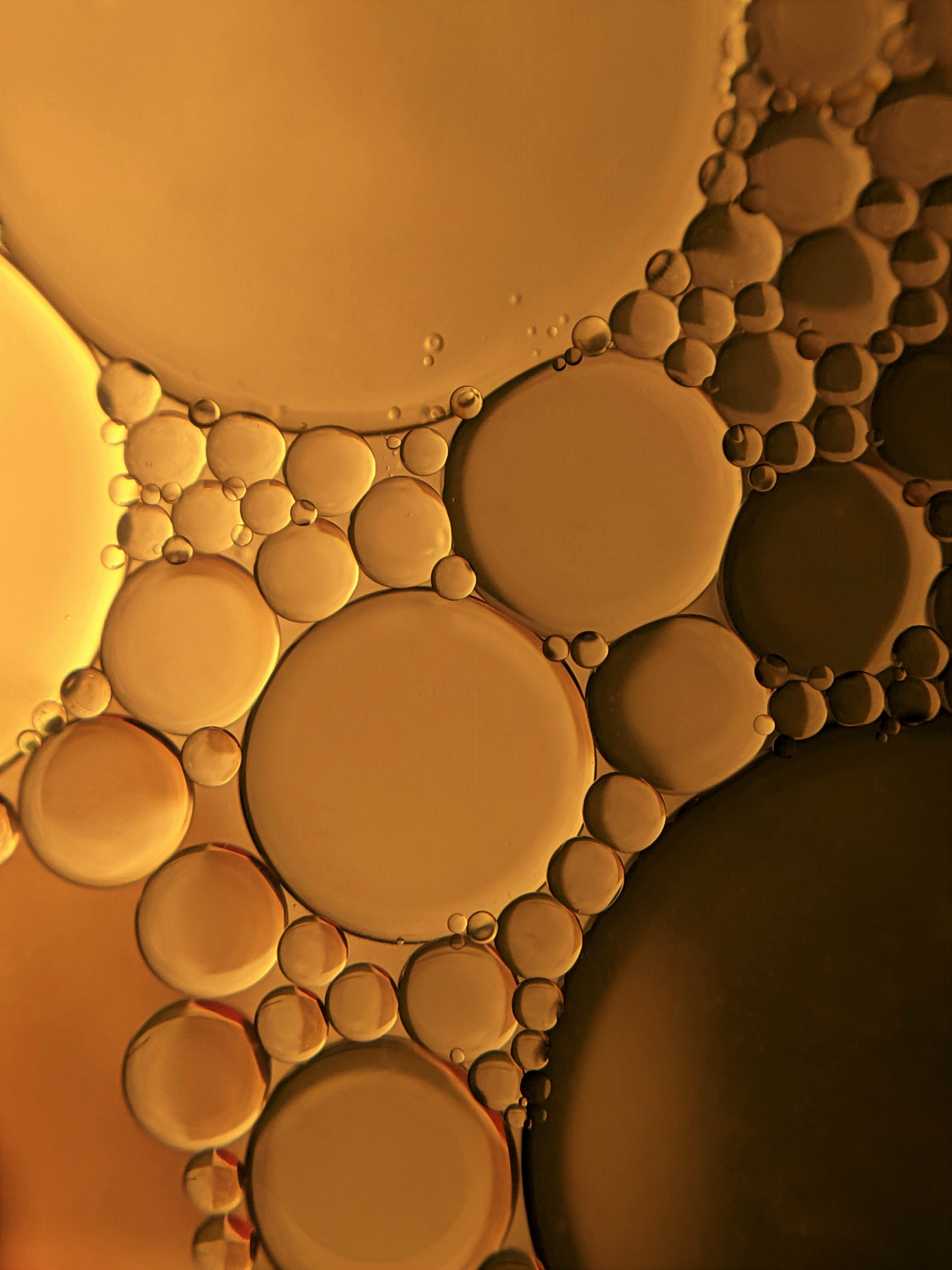When it comes to fertility, egg quality plays a crucial role.
To shed light on this topic, we turn to renowned fertility specialist Dr. Aimee Eyvazzadeh, M.D. and Ob-Gyn, trained at Harvard Medical School , aka the "Egg Whisperer," and esteemed nutrition expert Dr. Behzad, PhD, Cornell University, who studied the impact of prenatal nutrition and infant development.
In this article, we explore the top five evidence-based nutrition tips for enhancing egg health, backed by scientific research. We'll also discuss lifestyle habits to consider and certain foods to avoid. So let's dive into the world of egg health and discover how nutrition can support fertility.
Tip 1: Omega-3 Fatty Acids - Nourishing the Eggs: Omega-3 fats, found in seafood and plant sources like nuts and flaxseed, play a significant role in improving egg quality. A study conducted by Harvard and Massachusetts General Hospital revealed that dietary omega-3 fats enhanced egg quality, while omega-6 fats, commonly found in soybean oil and corn oil, were associated with reduced egg quality (Harvard). Opt for fish oil or algae oil supplements and include flaxseed oil, nuts, and seeds in your diet to boost your omega-3 intake.
Tip 2: Antioxidants - Protecting the Eggs: Antioxidants such as vitamins C and E, along with N-acetyl cysteine (NAC), help maintain ovarian function and combat oxidative stress. Studies have shown that NAC, found in foods like fish, chicken, turkey, eggs, whole grains, and broccoli, preserves egg quality by stabilizing egg DNA and protecting the cell's mitochondria (Chiu et al.; Rimoldi et al.). Incorporate antioxidant-rich foods into your diet to support egg health and overall well-being.
Tip 3: Folate and B12 - Enhancing Egg Quality: Folate, including its synthetic form folic acid, is well-known for preventing neural tube defects. However, research also suggests that folate can improve egg quality. A Polish study found that women who received a folic acid supplement had better-quality and more mature oocytes (Szymanski and Kazdepka-Zieminska). Similarly, higher levels of folate and B12 were associated with improved outcomes in women undergoing assisted reproductive technology, such as IVF (Gaskins et al.).
Tip 4: CoQ10 - Supporting Aging Eggs: Coenzyme Q10 (CoQ10) levels in eggs decrease as women age. Although the effectiveness of CoQ10 in improving egg quality remains inconclusive, many women opt to supplement with it due to its potential benefits for fertility.
Tip 5: Sleep and Melatonin - Promoting Egg Health: Surprisingly, melatonin treatment has shown promise in decreasing oxidative stress and preserving egg quantity and quality (Tamura et al.). By reducing screen time, limiting caffeine intake, and consuming melatonin-rich foods like seeds and nuts (especially pistachios), you can naturally boost your body's melatonin production.
Lifestyle Habits: A Holistic Approach to Egg Health: In addition to nutrition, adopting a healthy lifestyle can positively impact egg health. Engage in regular exercise, manage stress levels, and prioritize self-care practices to optimize overall fertility and well-being.
Foods to Avoid for Egg Health: Certain dietary factors may negatively affect egg quality. Trans fats, commonly found in processed meats, potatoes, sweets, and sweetened beverages, have been associated with reduced fertility rates and poorer egg quality (Chavarro et al.). A study on couples undergoing IVF treatment also linked red meat consumption to lower embryo quality (Chavarro et al.). Furthermore, a diet high in fast food and low in fruits and vegetables has been linked to longer time to pregnancy (Gaskins et al.).
Additional Consideration: Pesticide Exposure: Pesticide exposure is another non-dietary factor to be mindful of, as it may disrupt egg release and decrease egg quality. Several studies have highlighted the potential complications associated with pesticide exposure (Chiu et al.).
Closing Thoughts: As you embark on your fertility journey, remember that it's essential to build a supportive community. Surround yourself with individuals who understand the complexities and emotions involved in this process. Rather than approaching nutrition as a strict to-do list, find joy in adopting a healthy diet and share the experience with others. Community support is crucial as you navigate this path, and we're here to help!
Click here for the video version of our conversation.
📝 Studies cited:
Chavarro, J. E., et al. "Trans-Fatty Acid Intake Is Related to Increased Risk of Ovulatory Infertility." Obstetrics & Gynecology, vol. 117, no. 1, 2011, pp. 117-125.
Chiu, Y.-H., et al. "Caffeine and Selective Adenosine Receptor Antagonists as New Therapeutic Tools for the Motility of Human Spermatozoa." Human Reproduction Update, vol. 20, no. 6, 2014, pp. 835-850.
Gaskins, A. J., et al. "Dietary Patterns and Fertility in a Nationwide Cohort of Women." Human Reproduction, vol. 31, no. 7, 2016, pp. 1539-1548.
Harvard. "Omega-3 Fatty Acids for Fertility." The Harvard Gazette, 30 June 2019, news.harvard.edu/gazette/story/2019/06/omega-3-fatty-acids-for-fertility/.
Rimoldi, V., et al. "Effect of N-acetyl-cysteine on ovarian stimulation and in vitro fertilization outcome in polycystic ovary syndrome patients: A double-blind randomized placebo-controlled clinical trial." Fertility and Sterility, vol. 103, no. 5, 2015, pp. 1275-1280.
Szymanski, W., and A. Kazdepka-Zieminska. "Effect of Homocysteine Concentration in Follicular Fluid on the Degree of Oocyte Maturity." Ginekologia Polska, vol. 74, 2003, pp. 1392-1396.
Tamura, H., et al. "Long-Term Melatonin Treatment Delays Ovarian Aging." Journal of Pineal Research, vol. 49, no. 3, 2010, pp. 324-331.



